The Commission has resumed budget support assistance to the Republic of Moldova by disbursing €14.54 million today to support the implementation of the EU-Moldova free trade agreement, to finance vocational education trainings and to assist the implementation of the visa liberalisation action plan.
The resumption of disbursements comes after a nearly two-year period during which such payments had been put on hold because of a deterioration of the rule of law situation in the country. The recently installed government has taken important decisions, which have allowed the EU to assess that the conditions have been met to resume its budget support to the Republic of Moldova In particular, the EU recognises the following progress:
- The new government has strongly expressed its commitment to implement the reform agenda as enshrined in the EU-Moldova Association Agreement. It has identified the fight against corruption as first priority of its programme.
- The Parliament started working on a new legislative agenda. Some of its first decisions included the legislative initiative to cancel the previous mixed electoral system and implementing the Venice Commission recommendations.
- Local elections have been set for 20 October and the new authorities are committed to ensuring they are conducted in a credible, transparent and inclusive manner.
- The new government has also re-established relations with the International Monetary Fund (IMF). The IMF also recognised the authorities’ progress in strengthening macro-economic policies and stressed the need to sustain the reform momentum and to take decisive steps to fight corruption.
More information on the new EU package
This amount of €14.54 million corresponds to budget support disbursements under three programmes:
- The support to the implementation of the Free trade agreement between Moldova and the EU: thanks to the Deep and Comprehensive Free Trade Area and the EU support, Moldovan exports to the EU grew by 62% between 2014 and 2018. In 2018, the EU continued to consolidate its position as Moldova’s main trading partner for Moldova, accounting for around 70% of total exports and 50% of total imports.
- The Vocational Education Training Programme: with that EU support, Moldova has built the foundations of a modern and effective VET system, based notably on the dual education system. This programme has been supporting the empowering of the young generation, particularly in the field of developing their skills and fostering their employability.
- The Visa liberalisation action plan support programme helped the authorities to continue meeting the benchmarks to benefit from this regime that provides key tangible benefits for Moldovan citizens. In its second report under the Visa suspension mechanism of December 2018, the Commission confirmed that Moldova continues to fulfil the benchmark; the Commission also made recommendations to Moldova on anti-corruption and irregular migration, upon which the new government has shown credible determination to act.
More Information
Access the complete news
Related factsheet: Facts and figures about EU-Moldova relations

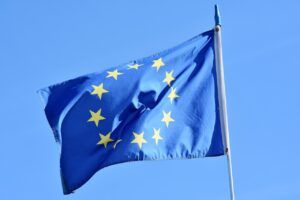
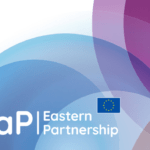
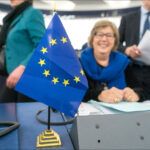
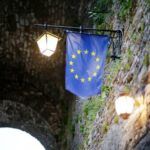
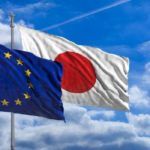

Leave a Reply